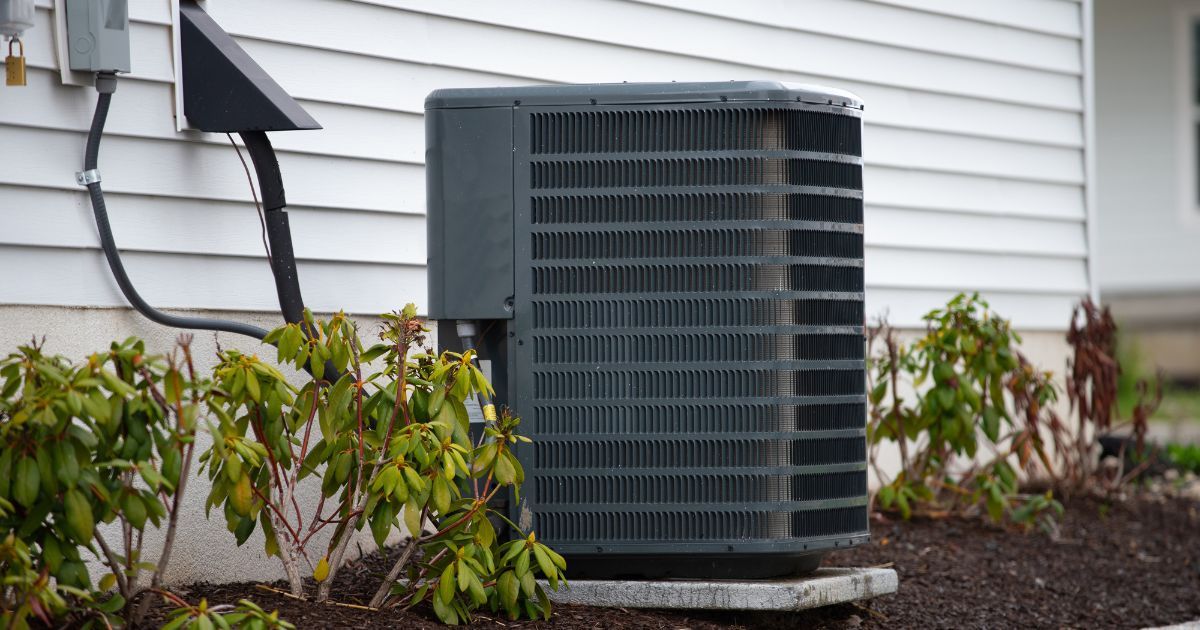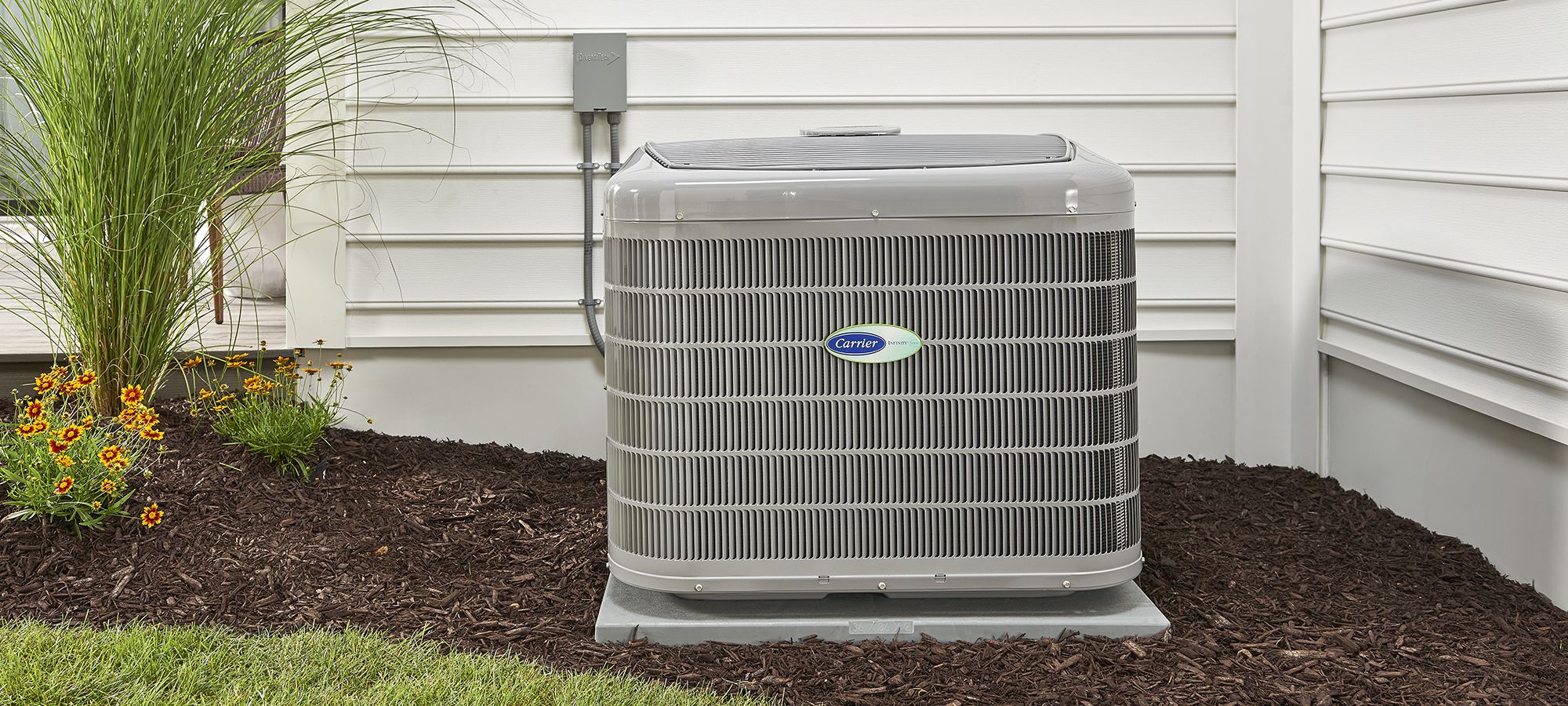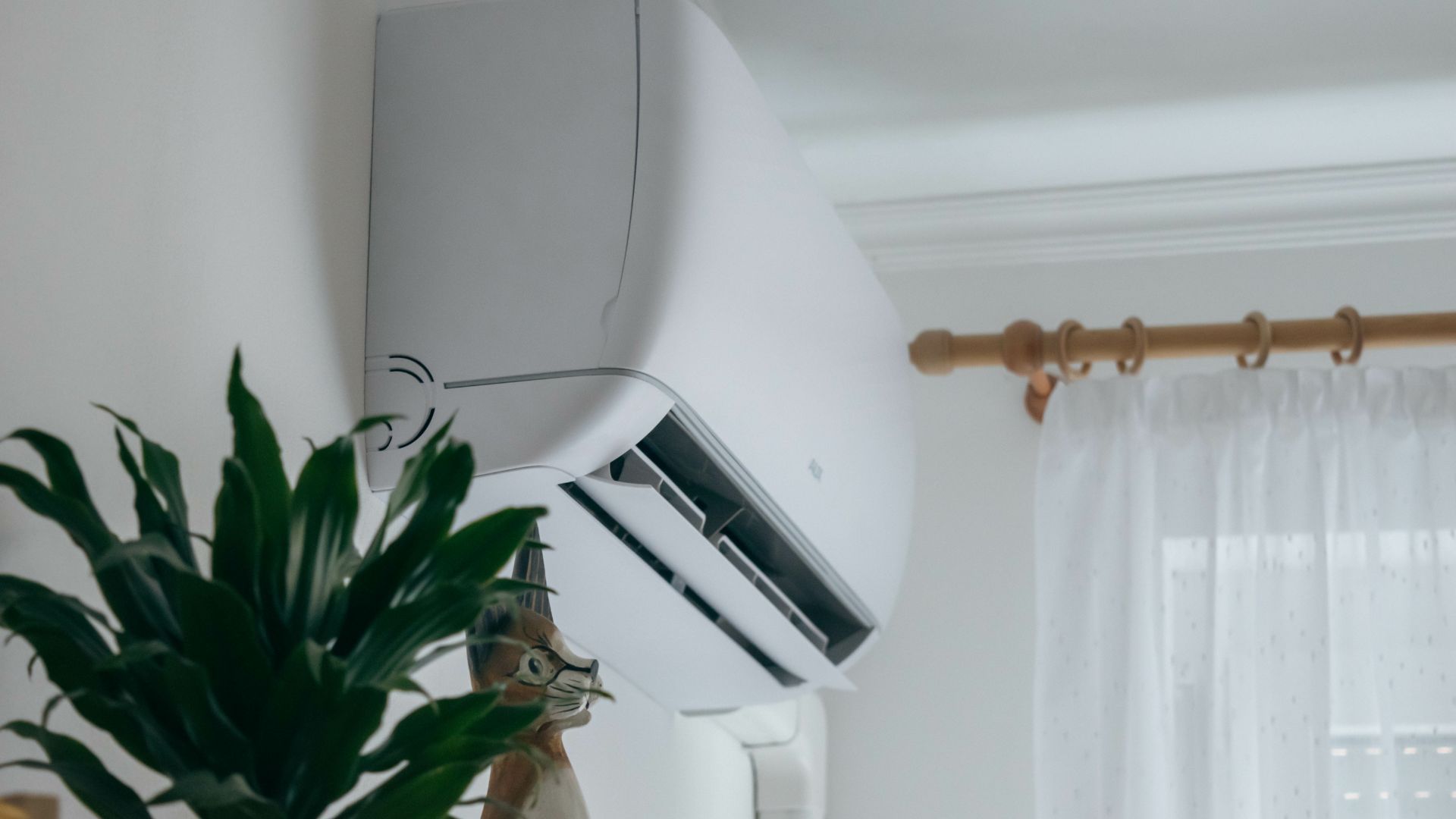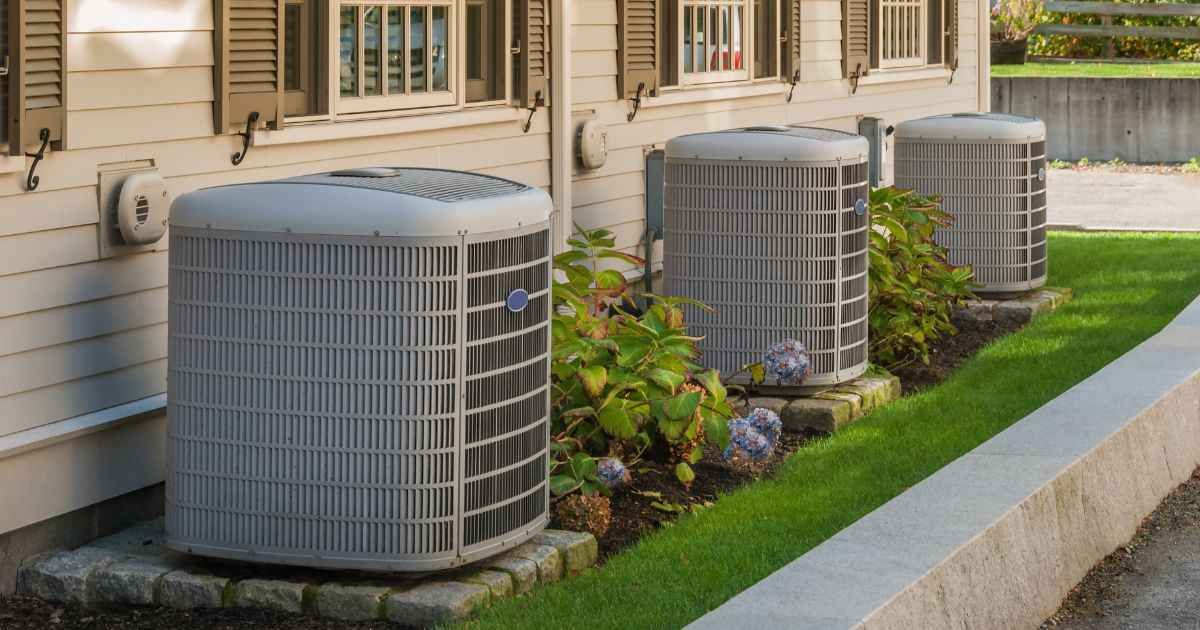Learn How to Protect an AC Unit from Bandon’s Salt Air
Famous for being the “Cranberry Capital of Oregon,” Bandon features gorgeous ocean vistas, a charming downtown, and popular seaside resorts. Unfortunately, this beautiful environment also carries a risk for local homeowners. Thanks to its proximity to the ocean, Bandon homeowners also have to deal with constant salt spray.
Over time, this salt spray can lead to rust and corrosion. As a homeowner, there are a few AC maintenance tasks you can do to prevent your air conditioner from becoming damaged by sea air corrosion. To find out more about air conditioner maintenance, contact our heating, ventilation, and air conditioning (HVAC) technicians today.
Why Bandon’s Salt Air Is Corrosive
Salt air leads to faster corrosion and rust than inland installations. In fact, studies have found that the sea salt and moisture near the ocean cause corrosion up to 10 times faster.
Because of Bandon’s marine layer, there is additional salt in the air. This salt can settle on your AC’s metal parts, leading to faster corrosion. It is especially harmful to outdoor components, like your condenser coils.
Over time, this damage can lead to more frequent AC repairs in Bandon. Salt spray can increase the likelihood of performance issues, rust, refrigerant leaks, and premature breakdowns.
Signs of Salt-Air Damage on Your AC
If you notice any of the following signs of sea air corrosion and damage on your unit, you may need to schedule AC maintenance in Bandon right away in order to avoid unexpected system failures.
- Corrosion and Rust: Some of the first indications of salt damage that you’ll see are corrosion and rust. These issues will often appear on the fan blades, condenser coils, and other metal parts.
- Refrigerant Leaks: In a well-maintained AC, refrigerant leaks shouldn’t occur. If this problem does occur, it may be due to salt-related damage.
- Salt Deposits: Before you notice damage, you may see signs of salt buildup. It will look like a fine, white powder. Typically, the salt will start by building up on the fins.
- Electrical Issues: As the salty air impacts your system, it can cause electrical connections to corrode. This can lead to major performance issues.
- Premature Failure: If you often need emergency HVAC repair or experience a premature AC failure, Bandon’s coastal air could be responsible.
How Do I Protect My Outdoor AC Unit From Corrosion?
To protect your cooling unit from damage, you need to perform AC maintenance at least twice a year. Cleaning the unit, removing debris, scheduling routine inspections, and applying anti-corrosive coatings are some of the best ways to stop salt air from corroding air conditioning units.
- Schedule Routine Inspections: Through our convenient maintenance plan, you can easily maintain your AC and prevent costly damage.
- Remove Debris. You can protect your HVAC system through home AC maintenance. Clean any debris, salt buildup, and leaves off of your unit.
- Clean With Fresh Water. To protect your AC from salt-related corrosion, wipe down the outdoor unit with fresh water.
- Invest in Anti-Corrosion Coatings. There are specialized coatings you can use to protect your AC from moisture and salt damage.
- Install Sacrificial Anodes. In some cases, sacrificial anode can be installed in your AC so that it corrodes instead of your important AC components. Remember to inspect and replace these anodes as needed.
- Conduct Regular Inspections. You should consistently inspect your AC for signs of damage.
How Should I Position My AC Unit To Minimize Salt Exposure?
In addition to investing in coastal-rated systems, specialized coatings, and other protective measures, you can protect your AC by changing its position. For instance, natural barriers, leeward placements, raised platforms, and physical barriers can help you avoid salt damage and air conditioner repairs in Bandon.
- Leeward Position: To avoid frequent AC maintenance and repairs, try placing your AC on the leeward side of your house. It should ideally be located on the side that is most sheltered from ocean winds.
- Raised Platforms: Salt air tends to settle, which is why placing your AC on a raised platform can help protect it from salt-related damage.
- Natural Barriers: Another way to prevent Bandon HVAC maintenance and repairs is by using natural barriers to protect the air conditioner. For example, sand dunes or a row of tall shrubs can help to block the salt spray from reaching your air conditioner.
- Physical Barriers: If natural barriers aren’t available, you can always install a fence, wall, or landscaping that provides a windbreak and added protection from the salty air.
When To Call a Pro: Inspections & Deep Cleaning
If you’re experiencing salt-related issues, it may be time to schedule a professional AC tune-up service. During Bandon HVAC maintenance and deep cleaning, you can get embedded salt removed and return your AC to its maximum efficiency.
You should generally schedule home air conditioner maintenance if you notice any of the following problems.
- Salt Buildup: If you notice white powder on your AC, you should call for a professional deep cleaning.
- Poor Performance: Long-term salt exposure can lead to AC damage, resulting in poor cooling performance.
- Corroded Metal: If the metal on your AC looks rusty or corroded, you need a professional to remove the salt and deep clean your HVAC system.
- Weird Noises: When parts become corroded, it can result in unusual grinding or rattling sounds.
- High Energy Bills: Increased energy bills are a sign your AC is working harder than it should, which can be related to salt damage.
Protect Your Air Conditioner From Bandon’s Coastal Breeze
Are you struggling to find the best air conditioner repair in Bandon? If your AC is experiencing issues, you need a local HVAC contractor that understands what Bandon’s climate is like. With the help of one of our professional technicians, you can get your AC deep cleaned and properly maintained so that your family experiences fewer breakdowns and repairs.
Keep your air conditioner from breaking down on the hottest days of summer. To achieve optimal performance and peak energy efficiency, give us a call.
Schedule your AC maintenance by filling out our online form today.












